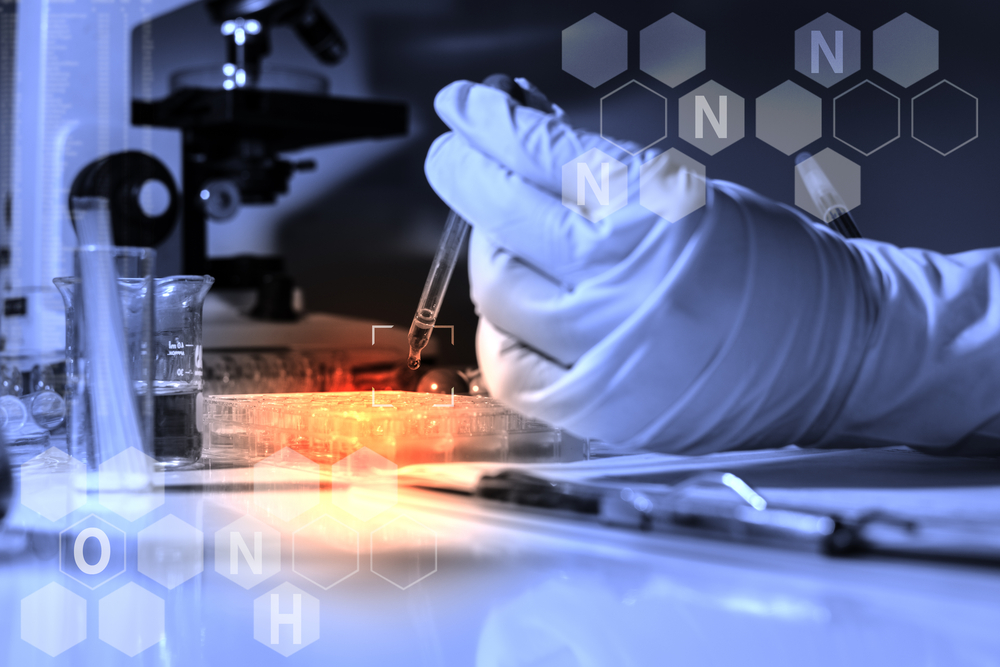Scientists at Radboud University are inching closer to a treatment for Multiple Sclerosis.
Understanding the risk of Multiple Sclerosis
Multiple Sclerosis (MS) is defined as a long-lasting disease that can affect the brain, spinal cord, and optic nerves. The effects can vary from a gradual loss of vision, muscle control, balance, and possible loss of other basic body functions.
The effects may vary per patient. There are no specific tests to diagnose MS, doctors often rely on outer conditions and similar signs and symptoms to know its existence.
To properly diagnose a patient of MS, he must undergo certain tests like:
- Blood tests
- Spinal tap or Lumbar puncture
- MRI
- Evoked potential test
As of now, there is no scientific cure against MS. Medical procedures catering to MS patients can only help speed up recovery from attacks and slow the progression of the disease.
Breakthrough research on Multiple Sclerosis
At Radboud University, a group of scientists is making steady progress in finding a remedy for Multiple Sclerosis by reconstructing DNA variants.
According to MS charity Nationaal MSfonds, the discovery allows researchers to tap into more samples for testing different treatments for the disease. MS targets the central nervous system, disrupting the flow of information that orders the different functions of our body.
The Radboud discovery focuses on the Myelin Basic Protein (MBP) gene which is responsible for producing a protein that protects the nerves. In MS patients, antibodies block the production of protein which exposes the nerves, leading to damage. Damaged nerves cannot transmit information from the brain which then leads to paralysis.
The scientist discovered a way to replicate MS patients’ skin cells through growing steam and nerve cells. Replication enables scientists to observe the disease progression on a cellular level multiple times.
Research association, Geert Poelmans said;
Rigorous observation and testing phase can help us come up with a long-term new treatment against MS.
Around 17,000 people in the Netherlands are suffering from MS and almost 800 new cases are added yearly. New discoveries such as this one always shed hope of light to families and patients of MS disease.







